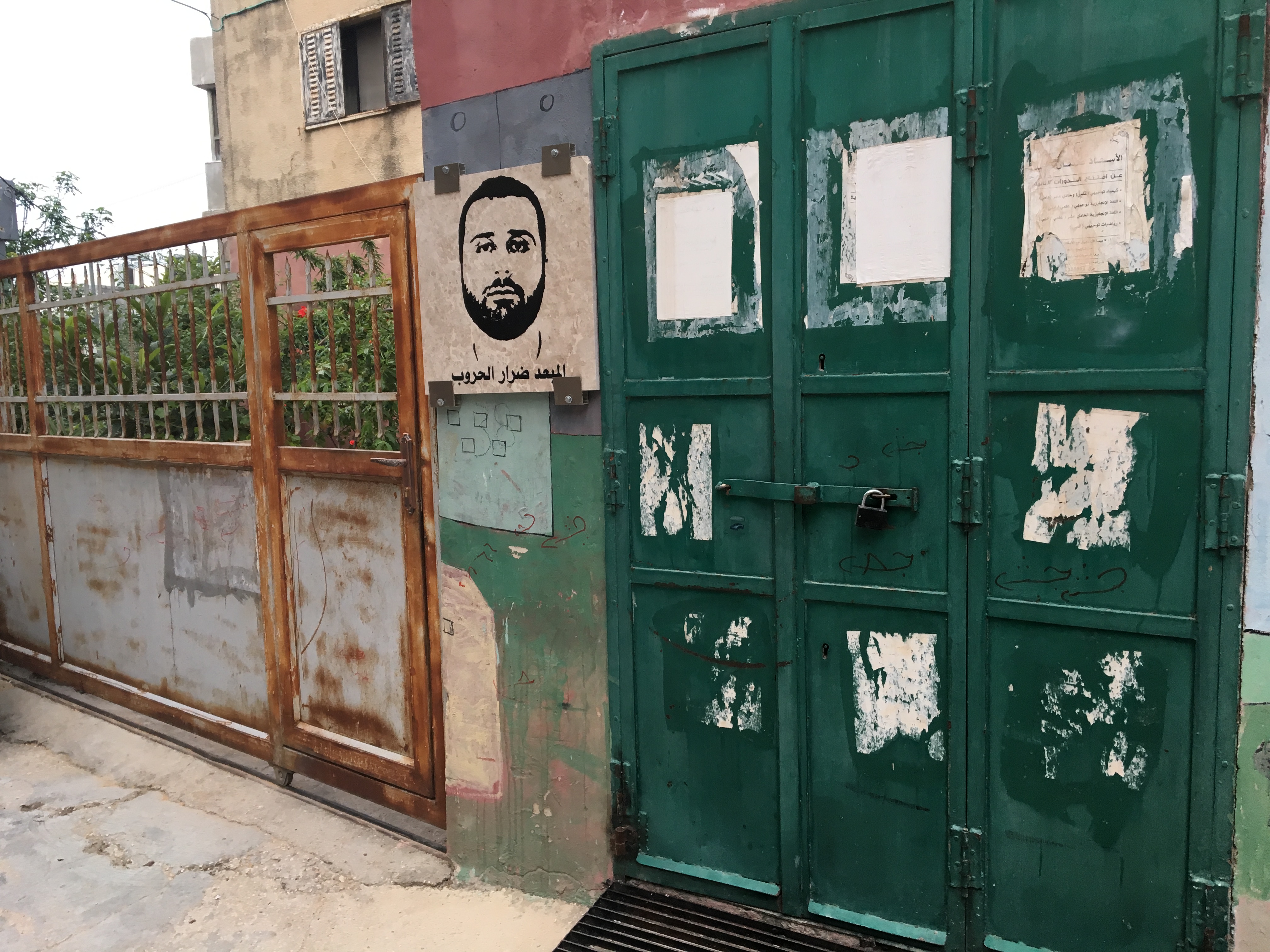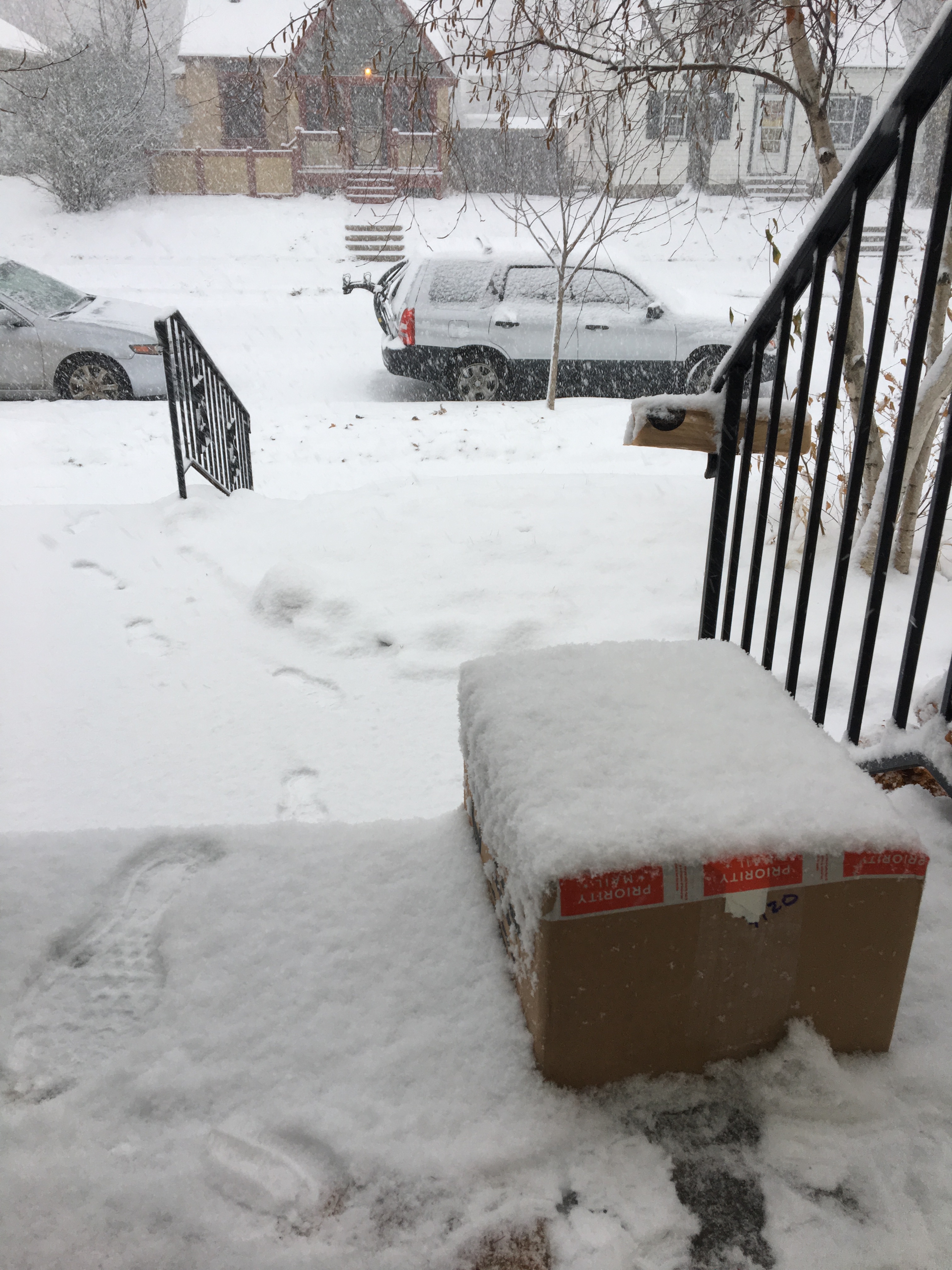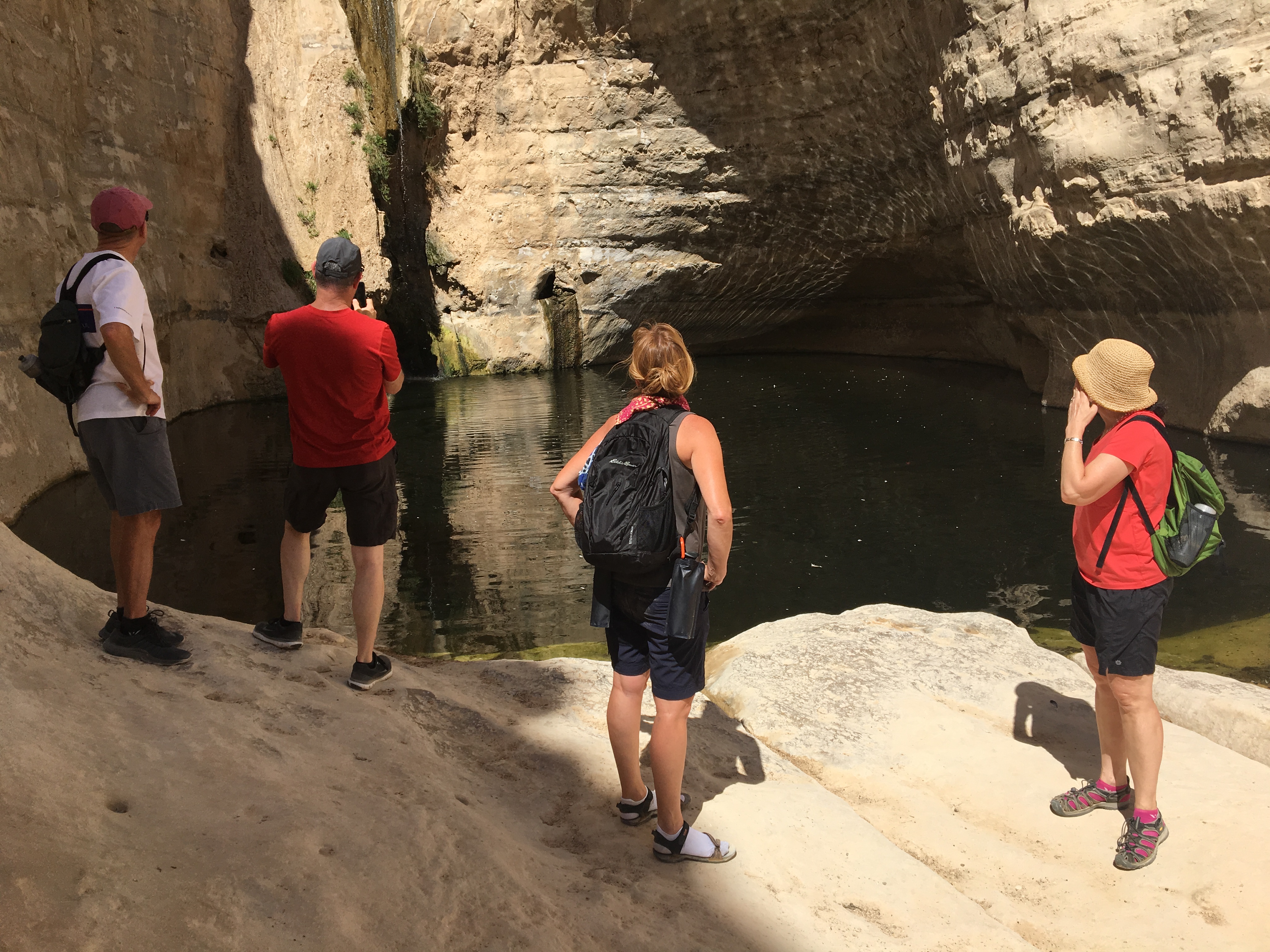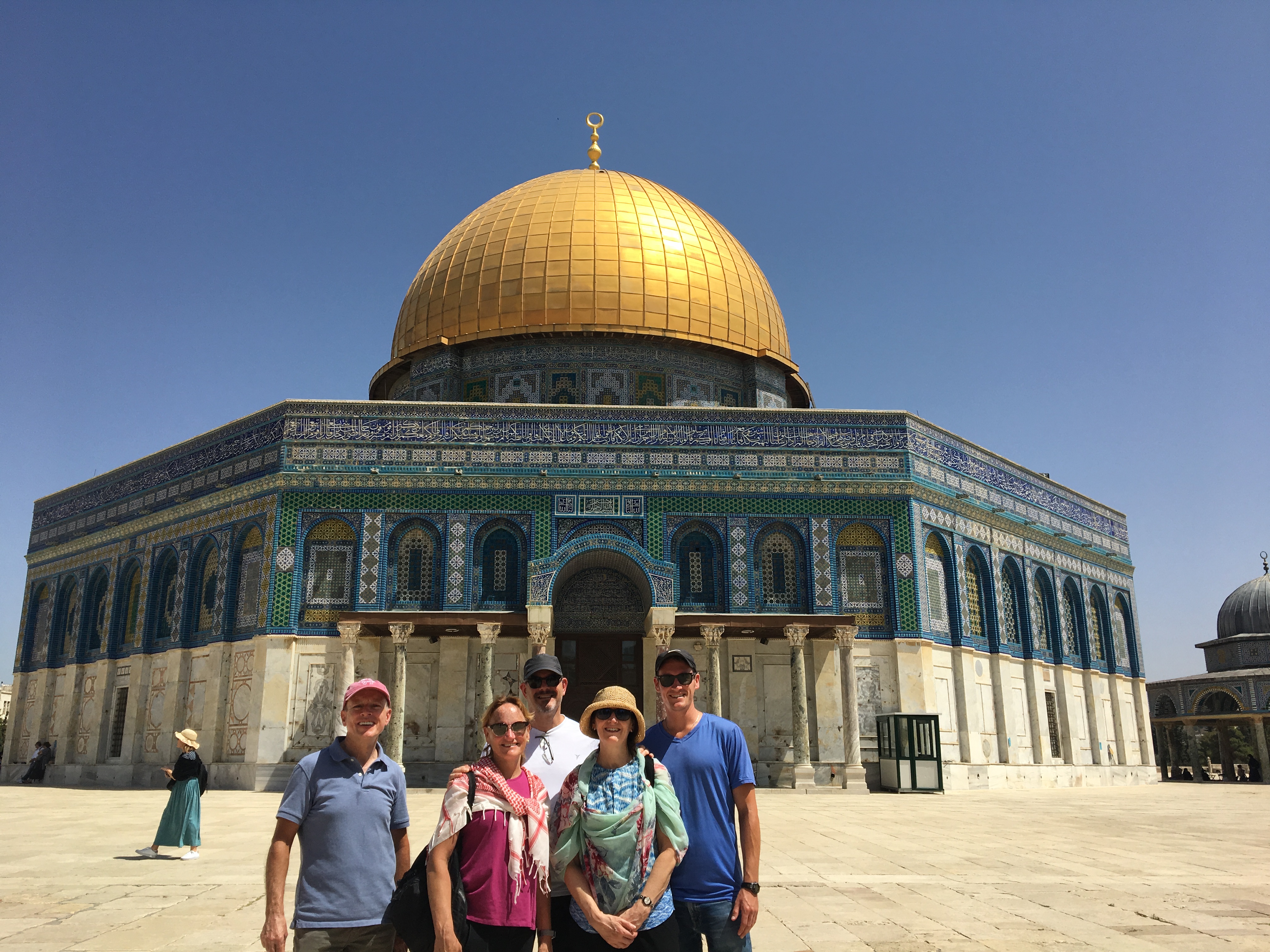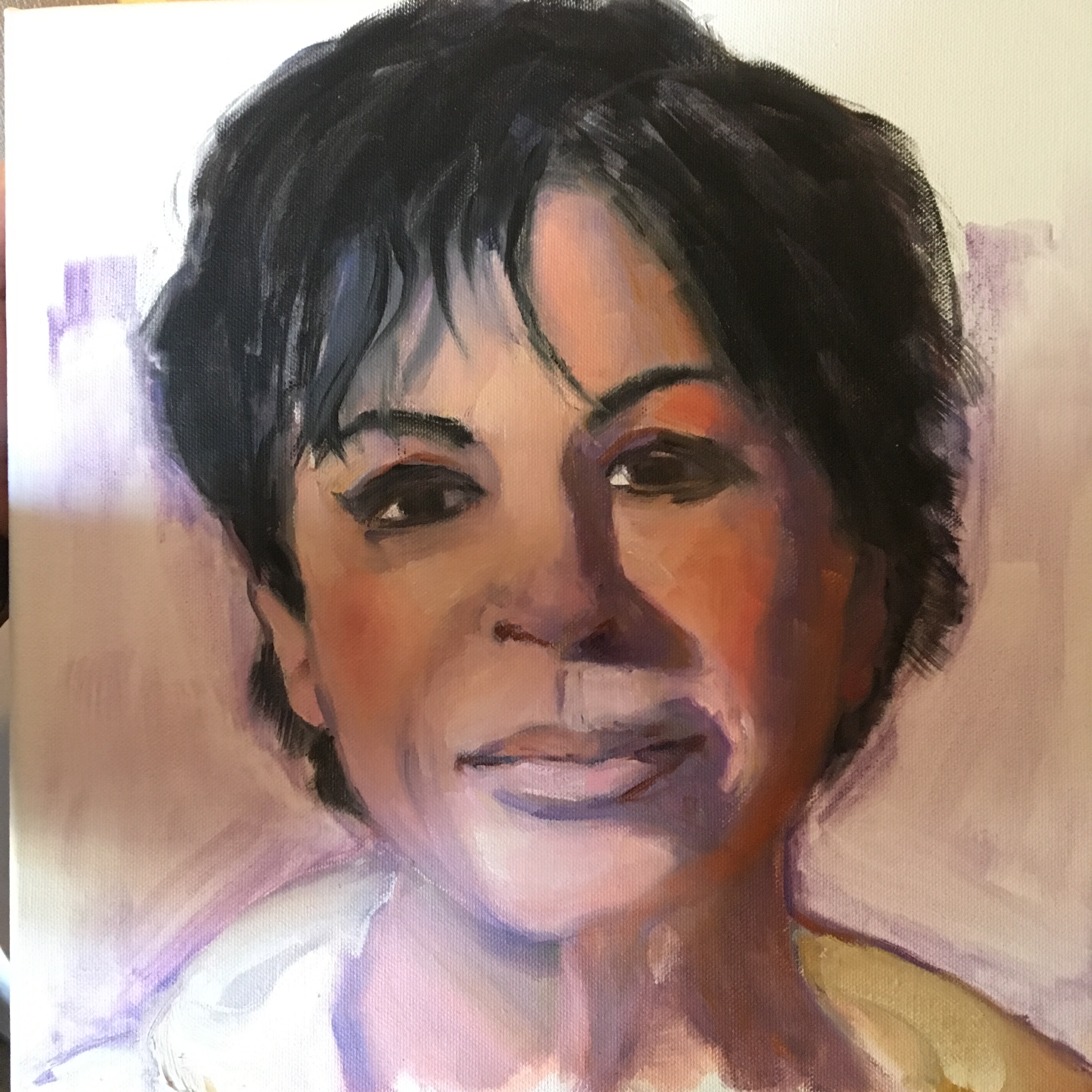Dheisheh refugee camp:
A refugee camp of 15,000 souls, that looks more like a city, than a temporary home. This has become the case after 70 years of turmoil and no change in their predicament. We were to stay here for the night in an Airbnb in Ibrahim’s home. Ibrahim listed his home on Airbnb a little over a year ago in hopes to educate his guests of the current situation, and open their eyes to what is happening here in Dheisheh. He picked us up on the corner of the camp, and we made our way upwards to his home, through a maze of streets, all unlabeled. His home within an apartment building built and owned by his brothers is on the 3rd floor looking out onto the camp. The view from the balcony is truly remarkable and re-emphasizes how long these villages have claimed Dheisheh as their home. The sprawling concrete landscape continually built upwards due to lack of land is vast, and goes well beyond what you thought possible before arriving.
Ibrahim’s home was of middle-class design, disconcerting knowing that we were within a refugee camp. Their home consisting of two bedrooms, a living room dining room, kitchen, and new addition, the balcony overlooking the camp. Our room was exceptional, a queen that my friend and I shared for the night. Ibrahim warmly welcomed us, introducing us to his wife Aya, his two boys and daughter of 5 months, a bundle of joy, and cute as a button. The boys were energetic and clearly had been surrounded by new guests over the past year, not weary in the slightest, allowing us to participate in their games, homework, and meal without incident. The conversation slowly turned to the camp, and all questions regarding the camp were talked of, analyzed, and were broken down in order to better understand. How the camp came to be, what were the problems, what they did each day, and what they hoped for the future.
All extremely insightful and interesting responses which I will attempt to summarize below. The camp was originally constructed 70 years ago after the Naqba, and Israel kicked Palestinians out of their villages, forcing them to resettle within Dheisheh refugee camp where once it was only temporary tents, run by the UN. Since then although Dheisheh lacks street names, taxes, electrical bills, etcetera, it is still not a city, but still but a refugee camp. Over the last 70 years numerous families have been torn apart, their members jailed for crimes of helping Palestinians enter Israel, to simply being outside their homes during randomly designated curfews. Ibrahim himself was jailed for a year in his younger years after being caught outside during one of these such curfews. He speaks of it matter of factly, a part of life, a consequence that came about, and a sentence that was completed. Even so, he is hopeful, and his friends, family, neighbors, and village, are hopeful that one day they will once again reclaim their land, their villages, and their livelihoods back in the state of Palestine.
Ibrahim was gracious enough to offer eating dinner at his table, and over soup, chicken, and couscous we experienced a basic dinner in Dheisheh refugee camp, amongst children, parents, and newborns alike.
We luckily arrived at an opportune time and had the honor to attend a Palestinian wedding. Ibrahim’s neighbor was getting married, and it was a large and joyous festivity that continued long into the night. Being able to experience this was an amazing cultural experience, and not planned in the slightest, which made it all the more special, and memorable. The procession of the groom to the hall started promptly at 7 O’clock featuring a couple hundred people, drums, music, lots of whip cream, and dancing. The groom himself on the shoulders of family and friends up the drive to where he was to be wed. The guests lounging on the patio of the Hall drinking the smallest cups of coffee, Coca-Cola, Sprite, and water, awaiting the procession, and marriage to be finalized.
The bride arriving in a shiny new car, fashioned with a grandiose white dress and walked up the steps with father and Groom amongst fireworks on both sides. The wedding was quickly finalized inside, and we were told to meet once again at the house of Ibrahim’s brother a few hours later for the next festivity.
Tired upon the brink of exhaustion, 10 O’clock came much sooner than expected, and we once again navigated our way through the maze of streets that is the camp and quickly found ourselves outside his brothers home. Greeted inside by two other past guests of Ibrahim’s from Germany along with a dozen or so family members the waiting began, and the food preparation continued that would be presented to the bride and groom shortly. A large plate of goat, chicken, rice, ornamented with flags holding 50 shekel bills, the conversation was non-stop, the children wired, even well into the late hours of the night.
Having been around for congratulations, the wedding procession, all the beginning wedding traditions we were asked to bring the food offering to the grooms home, surrounded by neighbors dancing and singing, a quick favor, the house just up the street, but a truly memorable one none-the-less, surrounded by people we met just hours before, welcoming us into their homes, their families, their streets, and their traditions with open arms. All parts of the night complete, we thought we were now allowed to sleep but were we so so wrong.
Once again making our way back to Ibrahim’s brother’s house, we were greeted once again with smiles, seats, and spoons! Spoons? Midnight and huge platters of rice, chicken, and sides of yogurt were brought out and the feasting began. This traditional dish called “Kidra” was enormous and never-ending. A delicious meal, unnecessary for sure, but very tasty. Every time we attempted to excuse ourselves from the eating, we were politely chastised and encouraged to eat even more. Many minutes later, and a few belt holes away from the original, we finally made our way home, into our beds, our own thoughts, and our wandering dreams of what we thought we knew, and all we had learned within the past 24 hours.
